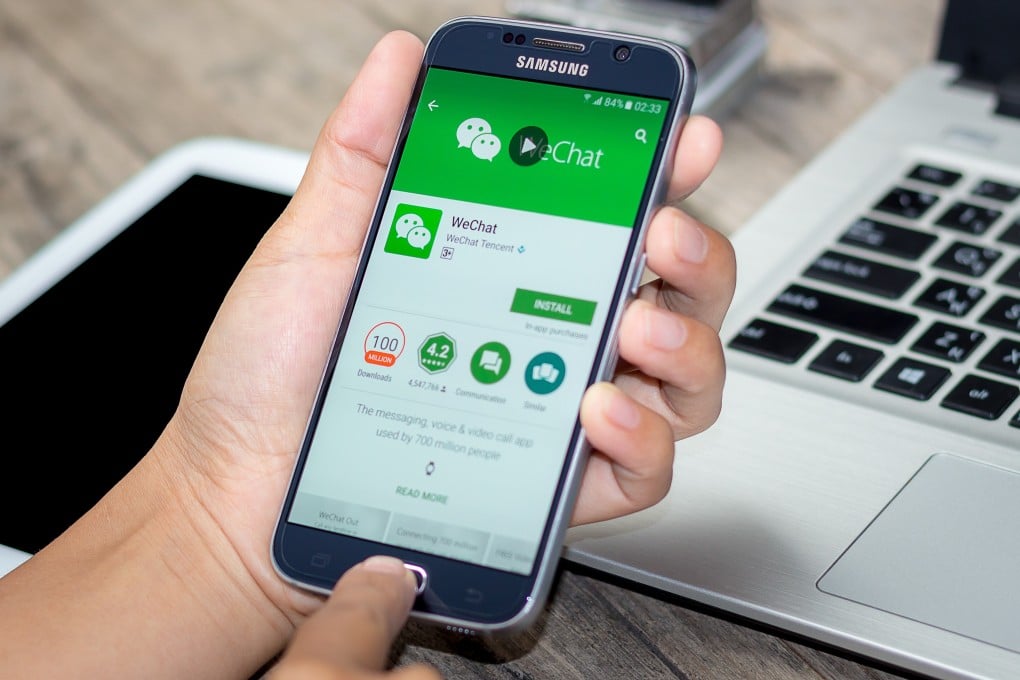Advertisement
Inside China Tech: Tencent supercharges WeChat
- Tencent’s proposed buyout of Sogou seems to indicate aggressive plans to further integrate China’s No 2 search engine into WeChat
- It may shake up a market long dominated by Baidu and fend off potential competition from TikTok owner ByteDance
Reading Time:4 minutes
Why you can trust SCMP

Hello, This is Bien Perez from the SCMP’s Technology desk with a wrap of this week’s leading stories.
Super app WeChat, the multipurpose messaging and social media platform run by Tencent Holdings, may end up as the major beneficiary of its parent company’s US$2.1 billion buyout bid of Sogou, China’s second-largest online search service.
Tencent’s proposed acquisition of the 61 per cent stake in Sogou that it does not yet own may shake up a market long dominated by Baidu and fend off potential competition from TikTok owner ByteDance, according to analysts.
Advertisement
The offer seems to indicate aggressive plans to further integrate Sogou’s search engine into WeChat, according to Mark Natkin, managing director of Marbridge Consulting in Beijing. Sogou has long been used as the default search engine in WeChat, which has more than 1.2 billion monthly active users.
“WeChat is probably the first app most Chinese internet users open in the morning, and the last one they check before bedtime, so it has the potential to be an extremely effective channel for search queries,” Natkin said. He added that Tencent’s full control of Sogou would make integration easier and allow the internet giant to enjoy all the profits that such a combination of resources might generate.

02:28
WeChat: an app that runs apps including a fake news debunker
WeChat: an app that runs apps including a fake news debunker
The Sogou deal comes as WeChat has become China’s most popular everyday mobile app since its initial release – as Weixin, its Chinese-language version – in January 2011. The app enables users to chat, post pictures, play games, shop, read news and pay for meals, as well as book a doctor’s appointment or arrange a time slot to file for a divorce at the civil affairs authority.
Advertisement
Select Voice
Choose your listening speed
Get through articles 2x faster
1.25x
250 WPM
Slow
Average
Fast
1.25x